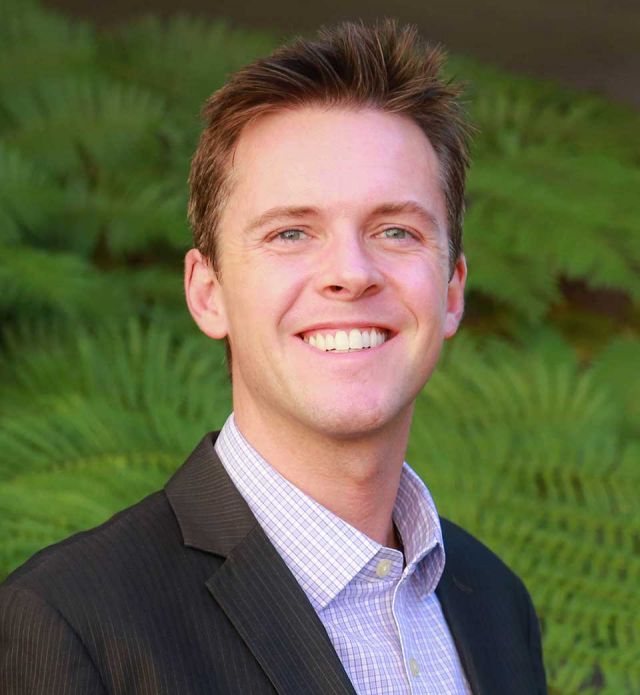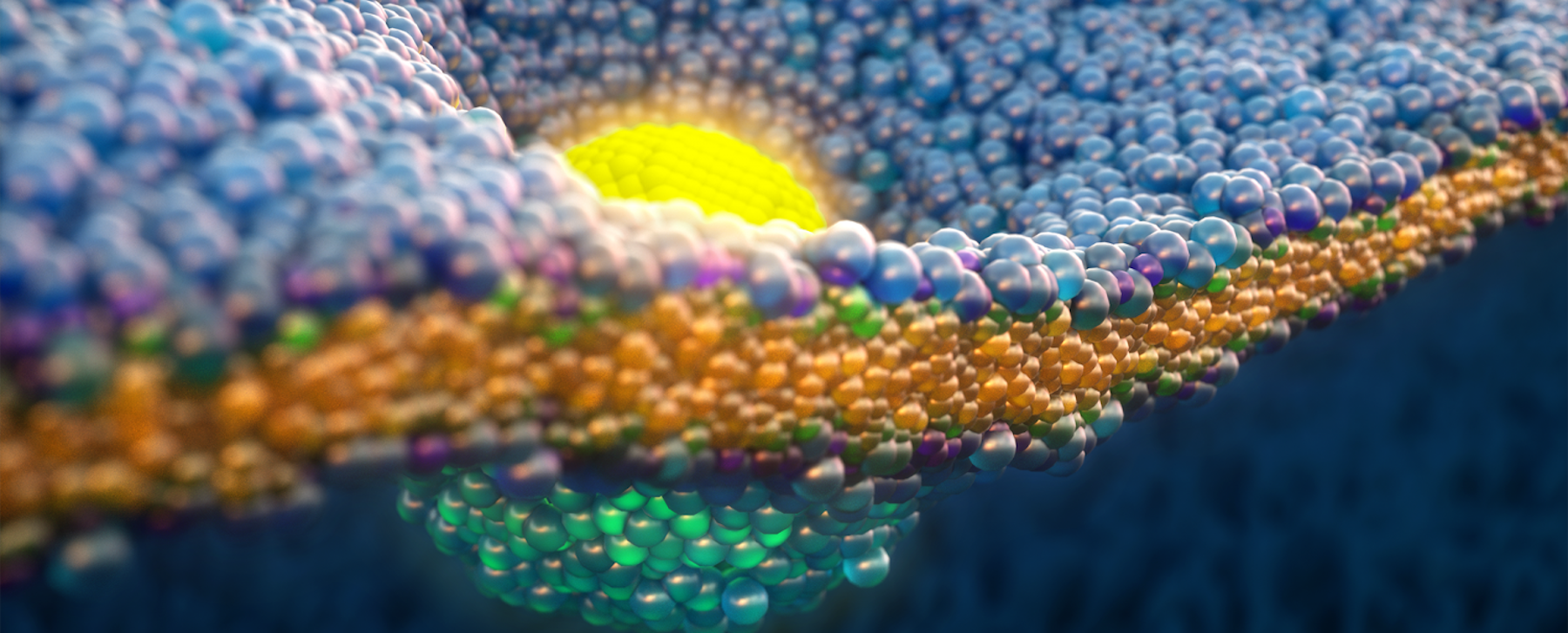
About Scott Shell
M. Scott Shell is the Myers Founder’s Chair in the Department of Chemical Engineering at UCSB. He received his undergraduate degree in Chemical Engineering from Carnegie Mellon University and his Ph.D. in Chemical Engineering from Princeton University. After postdoctoral training at the University of California, San Francisco, he began his career at UCSB in 2007. Author of “Thermodynamics and Statistical Mechanics”, his honors and awards include the NSF Career Award (2009), ACS PRF Doctoral New Investigator Award (2010), Named among 80 seminal papers in the J. of Chemical Physics’ 80th Anniversary Collection (2013) and the American Institute of Chemical Engineers (AIChE) CoMSEF Impact Award (2017).
What Excites You About the NSF BioPACIFIC MIP?
BioPACIFIC MIP will build on the incredible strengths in materials and bioengineering at UCSB and UCLA to create a dynamic knowledge hub, bringing exciting new challenges and scientific problems that will drive entirely new innovations in our thinking and in experimental & computational tools.
Collaborations with Other BioPACIFIC MIP Faculty
Collaboration is already central to the very fabric of our campus culture and makes us much more than the sum of the individual groups. I collaborate with a number of BioPACIFIC MIP faculty at UCSB. In fact, most of my students are co-advised, a model that our campus is particularly successful at, and that provides a powerful training experience for them. I am looking forward to the rich set of future opportunities for collaboration that BioPACIFIC MIP will provide, especially with our UCLA colleagues. BioPACIFIC will dramatically enrich this landscape of cross-interactions, providing formal mechanisms and opportunities to link our core expertise, as well as new opportunities for students to be trained in multidisciplinary science. As a computational person, having world-class collaborators in experimental materials synthesis and characterization provides an exciting and crucial feedback loop, allowing us not only to validate our simulation approaches, but to suggest and design new systems in the computer that we can then actually see come to life!
Research
My group develops computational methods for simulating soft and bio-materials, so that we develop a molecular understanding of the interactions governing their properties. This in turn helps to identify “design rules” for linking the chemistry of a given material to a desired functional behavior. I am constantly learning something new! I push my graduate students to find new problems to tackle, and new ways of thinking about them. The most rewarding part of my job is seeing them create entirely new research directions and knowledge that I could never have anticipated.
